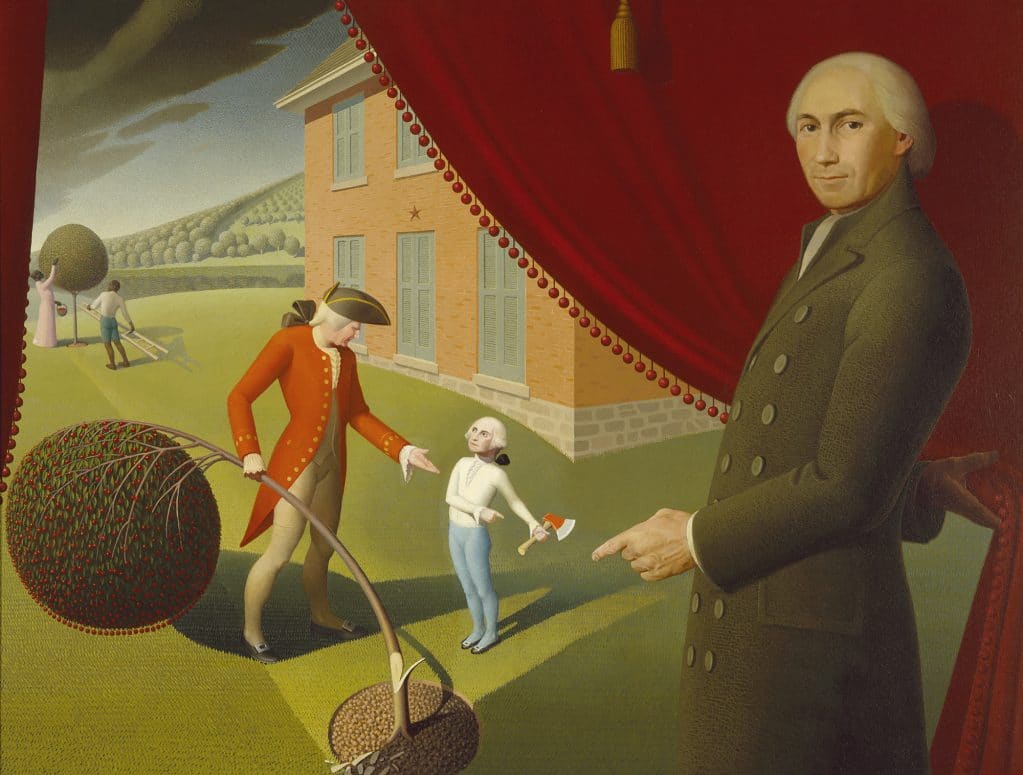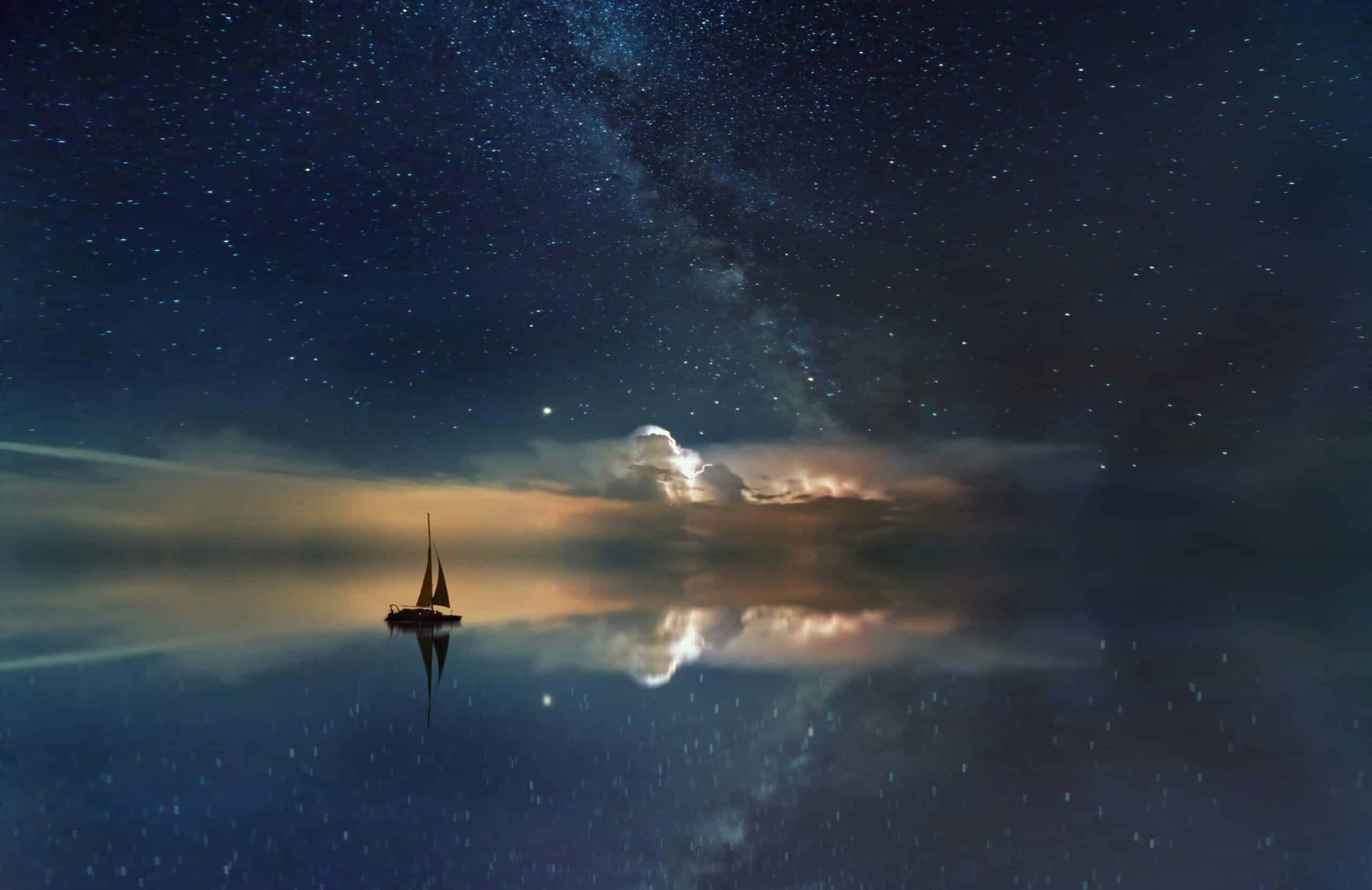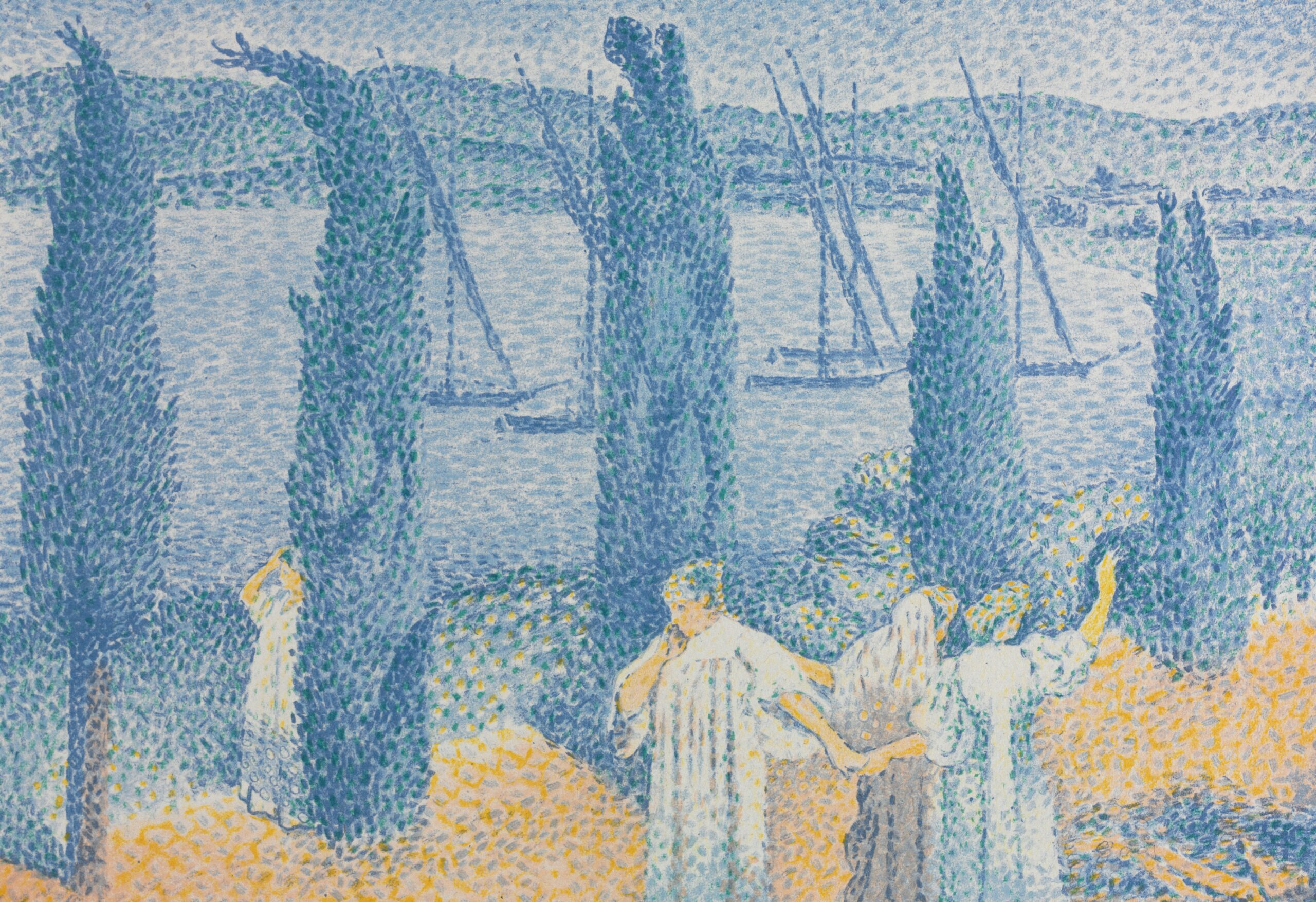
Are We Defined By The Spectacle?
After the aftermath of World War II, capitalism entered a period of prosperity often referred to as its “golden age.” This era was characterized by relatively high taxes on the wealthy in advanced capitalist countries, leading to improved living standards and increased wages for the general population. During this time, there was a significant shift in focus towards consumption, encouraging people to buy and engage in consumer culture. The emergence of the society of the spectacle and mass media marked a transformative period in how people experienced and perceived the world.
In the production and marketing of new products, a paradox emerged. On one hand, products sought to present themselves as unique and groundbreaking, promising consumers a sense of exclusivity. On the other hand, mass production inherently undermined the uniqueness of these products. This created a cycle where each new product promised something novel, perpetuating a continuous cycle of consumption.
Guy Debord, a prominent critic of contemporary society, questioned the nature of desire and consumerism. He challenged the prevailing notion that products fulfill deep-seated desires by highlighting the constant replacement of products in each cycle of production. Advertisements, according to Debord, served as admissions of the inadequacies of previous products, revealing a perpetual dissatisfaction despite promises of fulfillment.
Debord’s analysis extended to the post-WW2 social order, where direct life experiences became increasingly mediated through representations, giving rise to what he termed the “society of the spectacle.” This spectacle, for Debord, was not merely illusory but constituted a concrete inversion of life itself. It served as the dominant model of life, justifying the existing system and shaping individuals’ experiences through a reified network of social relations.
The spectacle wasn’t a superficial addition to the social order but, according to Debord, its very essence. Without the spectacle, the system would malfunction. It acted as the driving force that kept the engine of consumerism running, rendering individuals passive observers caught in a stream of images. The spectacle commodified every aspect of life, selling back sanitized and sterilized versions of experiences, often devoid of their vitality.
With the advent of the internet and social media, the impact of the spectacle intensified. Interactions, relationships, and even identities became increasingly mediated by fleeting images and curated representations. The desire for recognition, symbolized by likes and followers on platforms like Instagram, exemplified the spectacle’s influence on contemporary society.
To resist the spectacle, Debord proposed the creation of “situations” — unmediated, spontaneous experiences that were done for their own sake. Additionally, he suggested the use of “detournement,” a subversive technique involving the mocking use of the spectacle’s own language, turning logos or slogans against the advertisers themselves.
Debord’s analysis of desire was particularly insightful. He argued that desire had shifted from the inherent utility of commodities to their symbolic value. This symbolic value, largely crafted by the spectacle, became closely tied to identity and how individuals wanted to be perceived by others.
In the modern context, especially on platforms like Instagram, the desire for recognition and the construction of identities for the gaze of others have become more pronounced. People often engage in a constant game of modifying their identities based on the anticipated reactions of their audience, leading to a shapeless ability to transform to cater to different gazes.
Guy Debord’s critique of the society of the spectacle remains relevant in understanding the pervasive influence of consumerism, mediated experiences, and the commodification of identity in contemporary society.



